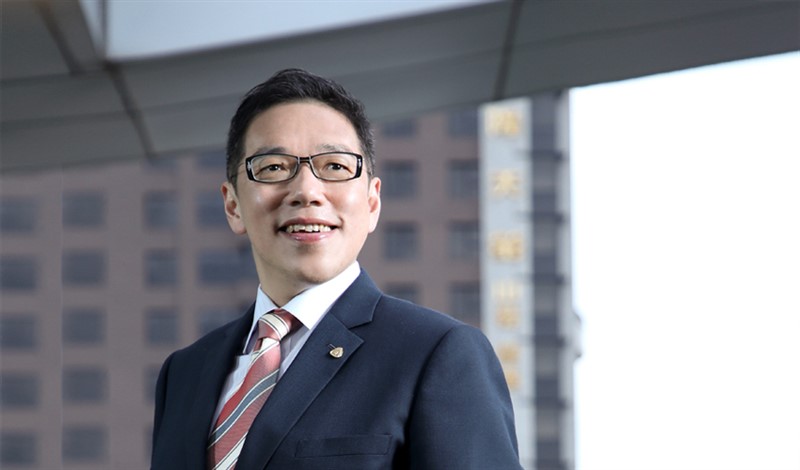2023.05 The Taiwan Banker NO.161 / By Hank Huang (黃崇哲)
Taiwan knocks the IMF's doorEditor's Note
Half a century ago, the Republic of China was expelled from the United Nations and abandoned by international economic and trade organizations. Since then, Taiwan has been unable to apply for development assistance loans from the World Bank, nor to sign aid agreements with the International Monetary Fund (IMF) to stabilize the economy and prevent economic collapse and national bankruptcy, as other countries have done in the face of economic shocks or severe foreign exchange fluctuations. Nevertheless, even without the help of international institutions, the 20 million people of Taiwan have not only created TSMC, but also accumulated enormous foreign exchange reserves, becoming a model of economic growth for developing countries in terms of exchange rate stability and debt control. However, this model has been deliberately excluded from international economic and trade organizations, and Taiwan has even missed the opportunity to help other latecomer countries. Seeing this iniquity, members of the US Congress and State Department began to speak out for Taiwan in 2020. In March, the US House Financial Services Committee passed the bipartisan Taiwan Non-Discrimination Act by a 38-0 vote, calling on the US to support Taiwan's membership in the IMF and to participate in the IMF’s regular monitoring of its economic and financial policies. At last, Taiwan sees a glimmer of light beside the IMF’s door. Taiwan also fulfills the foreign exchange and trade requirements of the IMF. Moreover, the IMF membership criteria is “country,” rather than the “state” of the UN Charter; thus the “Findings” section of the Act includes an endorsement by Joseph Gold, Director of the Legal Department of the IMF at the time of its establishment, stating that due to the lack of agreement on the definition of “state” among members, the IMF used “country” in its definition of membership in order to allow for more flexibility. According to international law textbooks, a “state” must fulfill the conditions of sovereignty, governance, and recognition in the international community in order to be recognized as such. In contrast, the definition of “country” is more flexible and can refer to different types of entities. Therefore, that section cites Kosovo, which has not yet joined the United Nations but joined the IMF and the World Bank in 2009, as a basis for Taiwan’s future membership in the IMF. The Economist reported in April that the IMF is facing an uncertain future as it is caught between the US and China. For example, during the global economic difficulties following the COVID-19 epidemic and the war in Russia and Ukraine, it was unable to approve more than 5% of its capital increase in new loans for poor countries. The article also mentions the stubborn attitude of the Chinese government toward its own debt as another of the reasons for the IMF’s funding difficulties. Because China has established some emergency lending institutions through the People’s Bank of China and other policy banks in recent years, its lending to poor countries exceeds that of the IMF. Now, if China does not agree to debt reduction for these countries, Western countries will worry that once the IMF funds are allocated, they will all flow to repay the original Chinese loans instead of helping indebted countries stabilize their finances. The IMF was born out of the recognition of the dominance of the US dollar at the Bretton Woods Conference, so the IMF has become a perfect target for competition as China seeks to challenge the market hegemony of the dollar. US-China competition has become comparable to the US-Soviet standoff during the Cold War. This time, the US will not only have 17% of IMF voting power, but it may also unite with democratic allies such as Japan and EU to create an anti-China bloc, which may be an opportunity for Taiwan. Given this background, will the US mobilize more votes to allow Taiwan to join? The answer is probably yes. Let us muster our courage in the face of the IMF’s closed door, unite all political parties to advocate for ourselves, and work with countries around the world that treat us as equals in order to bring Taiwan into the international economic system, doing our part to help the international community.


